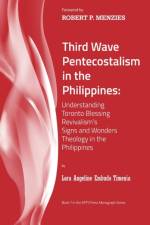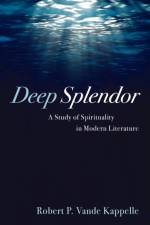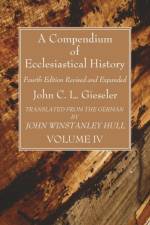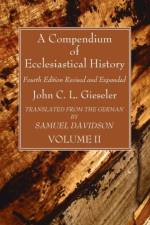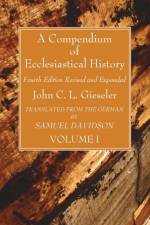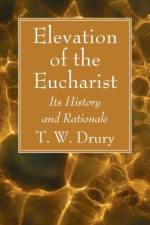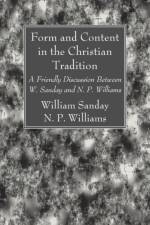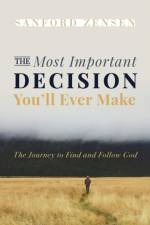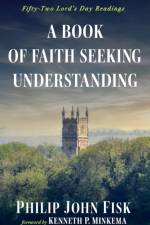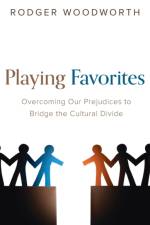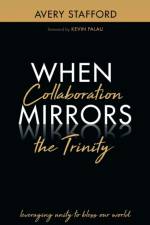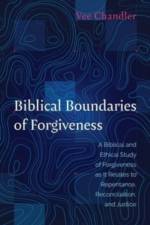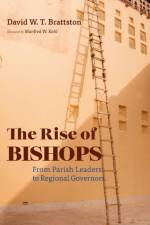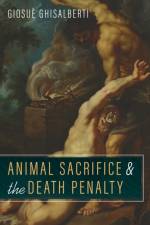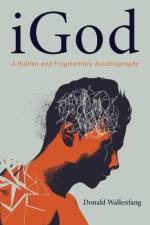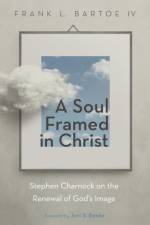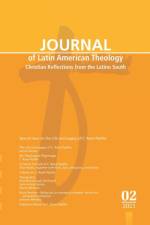av Robert P Vande Kappelle
387
People concerned with spirituality are seekers; instead of possessing truth, they seek to be possessed by it. Thus, a fully spiritual person is forever learning and growing. William Blake, the seminal mystic poet who worked to bring about change both in the social order and in common ways of thinking, taught that ""all we need to do is cleanse the doors of perception, and we shall see things as they are--infinite."" And nothing cleanses--and enlarges--the doors of perception like great literature. Whether it be poetry, a short story, a novel, historical fiction, fantasy literature, or biographical writing, the literary experience is slightly beyond a reader's horizon of understanding. When literature enhances spirituality--as is true of the dozen or more selections examined in Deep Splendor--each literary moment confounds in order to keep us forever enthralled, forever longing. The authors and works examined in this study explore timeless spiritual themes such as coming of age, relationships, self-integration, the struggle of good versus evil, the nature of change, and the corruptive aspects of power.When we think about great literature, it is easy to focus objectively on the literature itself, on what makes literature ""bad"" or ""good."" However, another essential distinction involves the reader, replacing the category ""good book"" with that of ""good reader."" As master teacher C. S. Lewis wrote, a quality of good readers is that they seek an enlargement of their being. Deep Splendor will teach you how to read great literature and how to be a good reader.

